The Department of the Treasury and the IRS have just released proposed regulations for private foundations. Here’s a look at what they say.
Expanding class of tax practitioners on whose opinions private foundations can rely for foreign public charity equivalency. Currently, private foundations wishing to make grants to non-U.S. charities generally have to exercise expenditure responsibility over the grants, or go through a process known as “foreign public charity equivalency,” or “FPCE” for short. Under existing regulations, a private foundation doing an FPCE determination makes a good faith determination, based on a grantee-completed affidavit or on an opinion of counsel, that the foreign charity meets the basic requirements of a Section 501(c)(3) public charity, but for the fact that the IRS has not recognized the foreign charity as such. The proposed regulations expand the class of tax practitioners on whose opinion the private foundation can rely, from counsel of the grantor or grantee, to a “qualified tax practitioner” subject to the requirements of Circular 230. In other words, certified public accountants and “enrolled agents” as defined in Circular 230, as well as attorneys, can now offer opinions on which a private foundation grantor may rely.
Conforming regulations to law. In addition, the proposed regulations are now consistent with current law regarding grants from private foundations to certain supporting organizations. The Pension Protection Act of 2006 (“PPA”) had effectively required a private foundation to exercise expenditure responsibility over these grants, and disallowed their treatment as qualifying distributions. The proposed regulations simply update the existing Section 4942 and 4945 regulations to conform to these 2006 changes to Internal Revenue Code Sections 4942 and 4945.
IRS flags some open issues (and my two cents). The explanation to the proposed regulations also notes other issues that the IRS is considering. These include: (1) whether, and if so how, to limit the time on which grantmakers may rely on FPCE opinions (my view: if so, very carefully only), (2) whether Rev. Proc. 92-94, outlining a safe harbor for affidavits, should be updated to conform to the current public support test (my view: absolutely!); and (3) whether, because the cost of opinions would presumably be lowered, private foundations should be restricted, by grant amount or completely, from making their own good faith determinations based on a grantee affidavit (my view: absolutely not!).
Implications. The explanation states that the reliance expansion would decrease the cost of private foundations seeking professional advice, making international philanthropy more cost-effective. It adds that this expansion may encourage more private foundations to obtain written tax advice, promoting the quality of the FPCE determinations being made.
The regulations also are expressly limited to private foundation grantmakers. However, public charities that maintain donor-advised funds also make grants to foreign organizations. The IRS and Treasury presumably will clarify how the FPCE and expenditure responsibility framework, designed for private foundations and updated by today’s guidance, applies to donor-advised funds sponsored by public charities. As of now, though, sponsoring organizations of donor-advised funds are still forced to do their best in the absence of clear rules.
Effective date. The regulations state that private foundations may rely on them on the date of their publication in the federal register―today.

